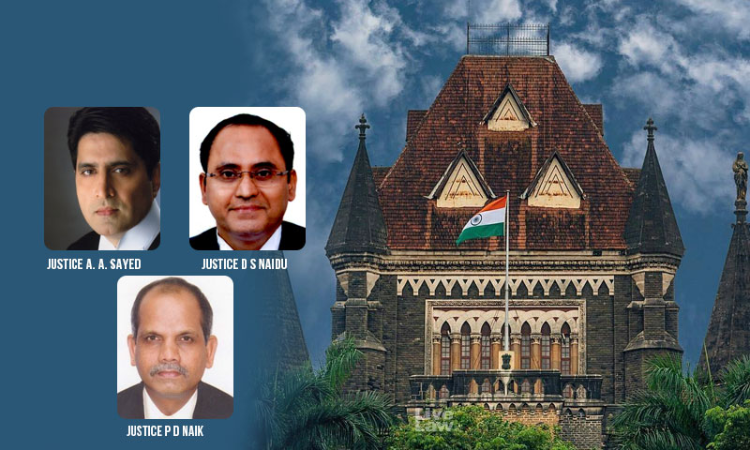Fee Reimbursement A Facet Of Affirmative Action; Paucity Of Funds No Ground To Discriminate : Bombay HC Full Bench
LIVELAW NEWS NETWORK
30 May 2020 11:13 AM IST

Reservation is a correctional policy, not a concessional one, the Court observed.
Next Story


